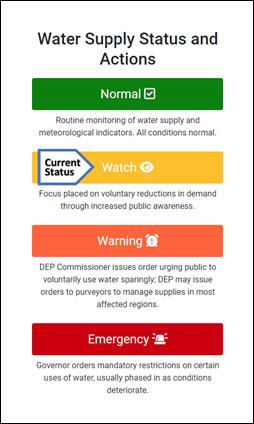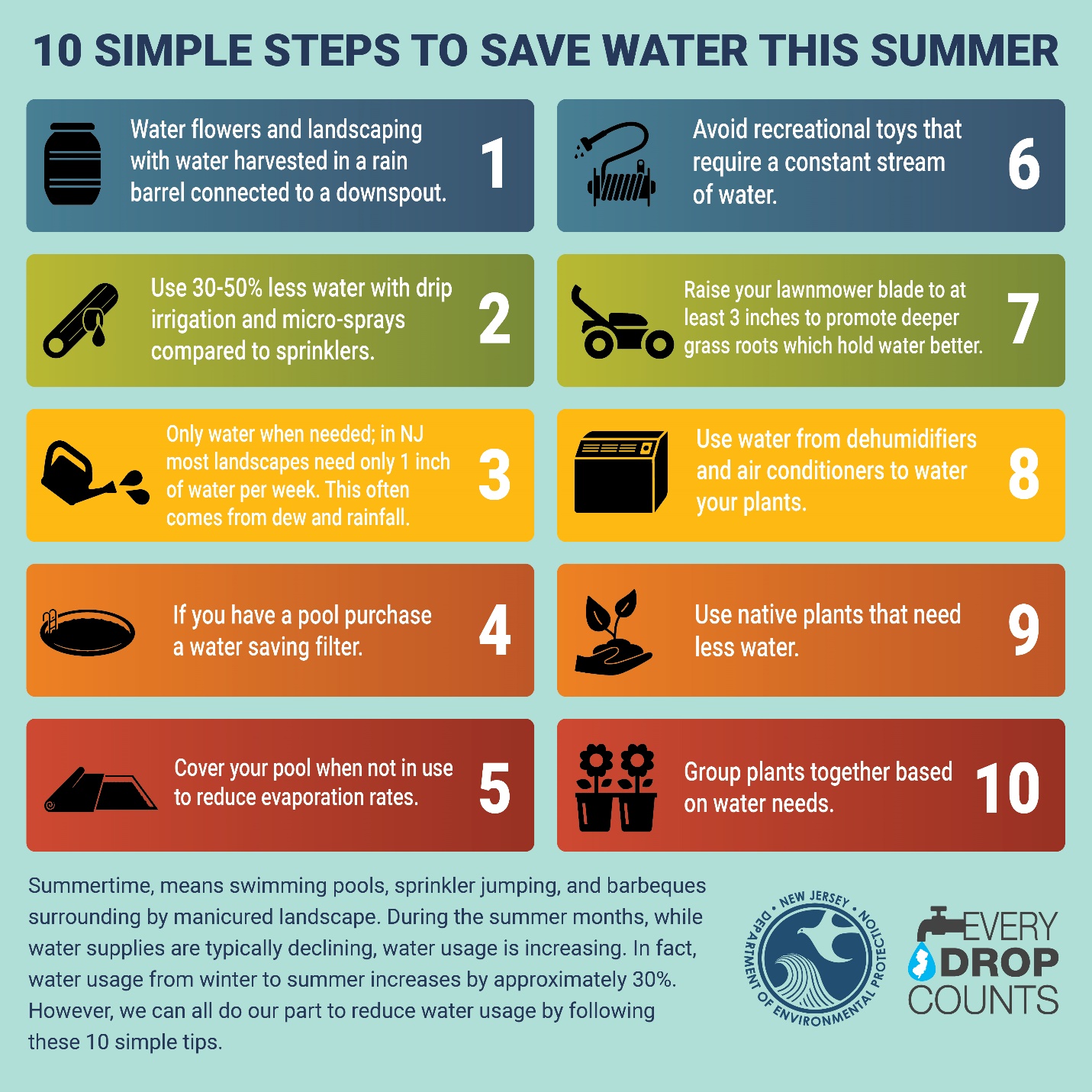Township of Franklin, NJ
Home MenuPolice Department
Franklin Township Public Safety
Mission Statement:
The mission of the Franklin Township Police Department is to protect and enhance the quality of life via a Community Policing Operational Philosophy, through a partnership with the community, and to promote a safe and secure environment, free from crime and the fear of crime, for all who live, work or visit our community.
Members of the Department are dedicated to accomplishing this mission by maintaining public peace and order through fair, impartial enforcement of the law, fostering an environment of cooperation and trust within our organization and the community, and challenging the future with a spirit of optimism and innovation.
FAQ Box
-
I have been involved in a motor vehicle crash in Franklin Township. What should I do?
-
What can I do, as a concerned citizen?
-
Is there an early intervention system enforced to correct officers who use excessive force? Additionally, how many complaints does an officer have to receive before they are reprimanded? Before they are terminated? More than three complaints are unacceptable.
-
Are the officers in the Franklin Police Department trained to perform and seek necessary medical action after using excessive force?
-
Are the officers in the Franklin Police Department thoroughly vetted to ensure that they do not have a history with abuse, racism, xenophobia, homophobia/ transphobia, or discrimination?
-
Are the officers in the Franklin Police Department required to report each time they threaten to or use force on civilians?
-
Are the officers in the Franklin Police Department required to give a verbal warning to civilians before drawing their weapon or using excessive force?
-
Are the officers in the Franklin Police Department required to exhaust every other possible option before using excessive force?
-
Is there a clear and enforced use-of-force continuum that details what weapons and force are acceptable in a wide variety of civilian-police interactions?
-
Are the police officers in the Franklin Police Department forbidden from shooting at moving vehicles?
-
Are the police officers in the Franklin Police Department required to intervene if they witness another officer using excessive force? Will officers be reprimanded if they fail to intervene?
-
Are the police officers in the Franklin Police Department forbidden from using carotid restraints (chokeholds, strangleholds, etc.) and hog-tying methods? Furthermore, are they forbidden from transporting civilians in uncomfortable positions, such as face down in a vehicle?
-
Are the police officers in the Franklin Police Department being trained to de-escalate altercations by using peaceful conflict resolution strategies?
-
I'm having trouble downloading a file. How do I disable my browser's pop-up blocker?
-
How can I obtain a copy of my crash report?
-
Who is the "custodian of a government record"?


 The Commissioner’s declaration of a drought watch is the first in the State’s three-stage drought advisory system. The watch is intended to sow public awareness and appreciation of the stress upon water supply sources and encourage voluntary water conservation measures. If conditions do not improve, declaration of a drought warning or a drought emergency with mandatory water use restrictions may become necessary. Voluntary conservation measures at the watch stage can help to avoid more serious and restrictive drought conditions.
The Commissioner’s declaration of a drought watch is the first in the State’s three-stage drought advisory system. The watch is intended to sow public awareness and appreciation of the stress upon water supply sources and encourage voluntary water conservation measures. If conditions do not improve, declaration of a drought warning or a drought emergency with mandatory water use restrictions may become necessary. Voluntary conservation measures at the watch stage can help to avoid more serious and restrictive drought conditions. can to reduce water demand, together we can ensure ample supplies in the coming weeks and months.”
can to reduce water demand, together we can ensure ample supplies in the coming weeks and months.”